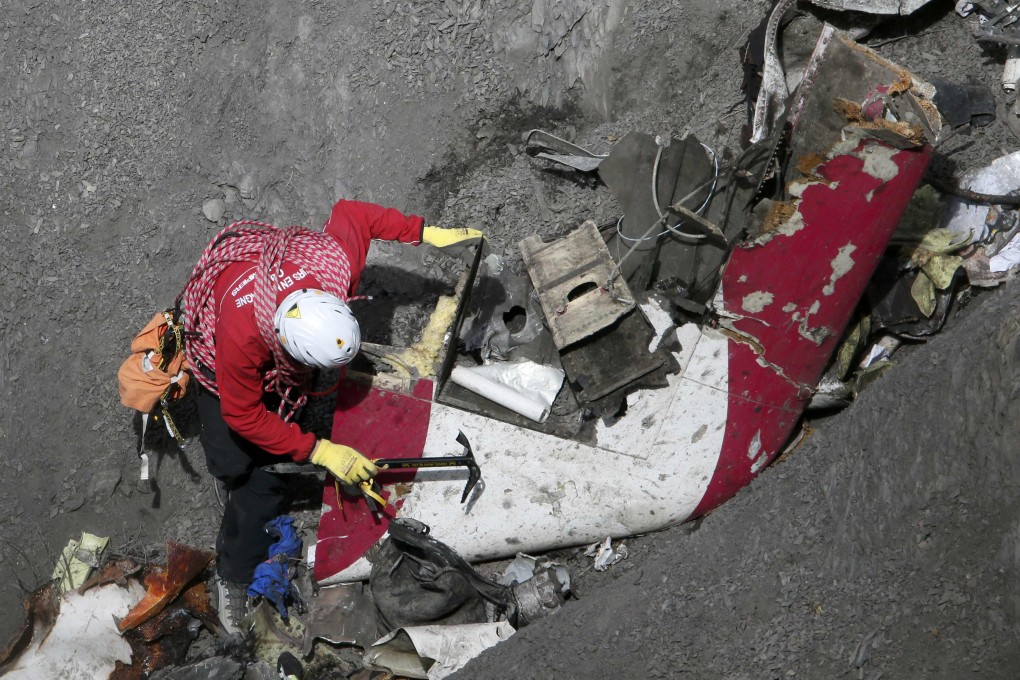Germanwings crash has brought renewed focus on mental health of pilots and difficulties facing airlines
Germanwings crash has raised disturbing questions about the difficulties airlines face to monitor the mental health of their employees

Andreas Lubitz, the 27 year-old co-pilot accused of deliberately crashing Germanwings Flight 9525, belonged to a young generation of airmen for whom the allure of life in the cockpit is overshadowed by the realities of a profession with no job guarantee or room for failing health.

The revelations about his medical history may shed some light on Lubitz's state of mind and whether he may have cracked under the realisation that his failing health was jeopardising his ambitions.
The apparent ignorance of Lubitz's employers of his health situation points to the difficulty that airlines face keeping tabs on their pilots. And even if an airline has been pre-authorised by a pilot to have access to their medical records, this could be circumvented.
One pilot who has worked for Cathay Pacific for more than a decade said that if a pilot wanted to keep medical treatment secret from Hong Kong's flagship carrier, they only needed to consult a different private doctor without the airline's knowledge.
Nevertheless, the pilot - speaking to the Post on condition of anonymity - said he believed the Hong Kong Civil Aviation Department's mandatory annual body check, conducted by aviation medical specialists, served as an adequate balance.